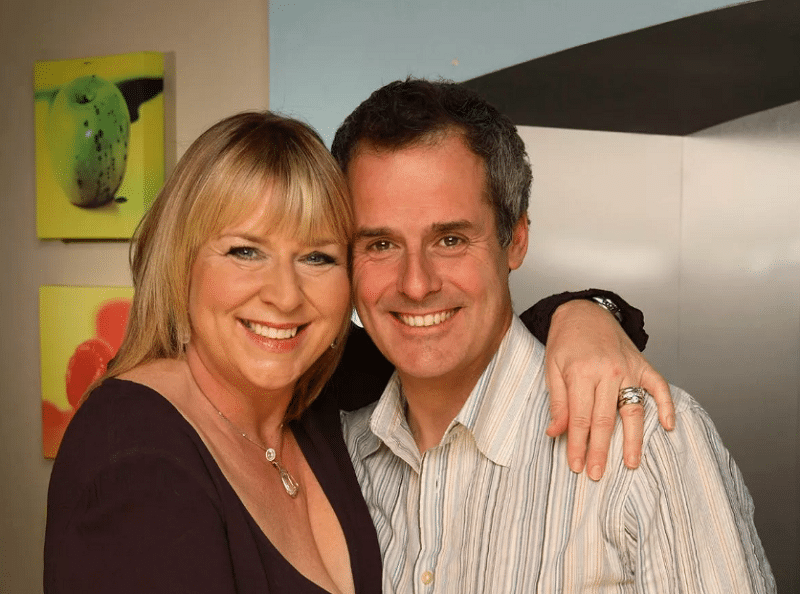When you think about fire safety in commercial buildings, roofing might not be the first thing that comes to mind. Sprinklers, alarms, and fire doors usually steal the spotlight. But here’s the truth: the roof plays a huge role in how a building stands up to fire. And if it’s not chosen carefully, it could be the weak link that puts everything underneath it at risk.
Why the Roof Matters in Fire Protection
A roof isn’t just a cover to keep the rain out. It’s a barrier that stands between the inside of a building and a world full of unpredictable threats, including fire. If a nearby building catches fire, burning embers can land on the roof and ignite it. If the roof can’t withstand the heat, flames can spread downward and compromise the entire structure.
Fire travels fast. And it loves to move up and out. That’s why the materials and design of a commercial roof can make all the difference between a small incident and a devastating loss.
In commercial settings, where buildings often cover tens of thousands of square feet, the stakes are even higher. There’s more surface area exposed, more valuable equipment underneath, and more lives at risk.
What You Need to Understand About Fire Ratings
Not all roofing materials are created equal, especially when it comes to fire resistance. That’s where fire ratings come in. So, what are commercial roofing fire ratings? They’re a standardized way to measure how well a material can handle exposure to flames. Roofs are typically rated as Class A, B, or C. Here’s what that really means:
Class A – Offers the highest level of fire resistance. These roofs can withstand severe exposure to fire without igniting easily or contributing to the spread of flames.
Class B – Provides moderate protection. They can handle a decent amount of heat and flames, but won’t perform as well as Class A under intense conditions.
Class C – Delivers minimal fire protection. These materials can survive light exposure to fire but are not recommended for areas where wildfire risks or external fire threats are a serious concern.
For commercial buildings, a Class A fire rating isn’t just a nice-to-have; it’s often required by local codes, especially in regions where fire risk is high. Choosing the right material from the start could save a business owner from a world of problems down the road.
Materials That Make a Difference
Selecting roofing material isn’t only about how it looks or what it costs. When fire safety is part of the conversation, some materials stand out more than others.
Here are five types of roofing materials commonly used in commercial settings:
- Metal roofing – Highly fire-resistant because metal doesn’t ignite or burn. It also sheds embers easily, reducing the chance of ignition.
- Built-up roofing (BUR) – Made from layers of asphalt and fabric, this type offers decent protection if combined with a proper fire-resistant surface layer.
- Modified bitumen – A rubberized asphalt material that can be enhanced with fire-resistant additives to meet high fire rating standards.
- Single-ply membranes (like TPO or PVC) – These can be very fire-resistant when manufactured with fire retardants and installed correctly.
- Clay or concrete tiles – Incredibly fireproof, though more common in warmer climates and heavier than other options.
Each material brings its pros and cons. Factors like building height, local climate, and budget will influence what’s ultimately the best fit.
Installation Matters Just as Much
You could pick the best fire-rated roofing material on the market and still end up vulnerable if it’s installed poorly. Gaps, overlaps, or wrong fastening techniques can create weak points where fire can sneak in.
That’s why commercial roofing installation isn’t a DIY project or something to hand over to just anyone. Professional installation ensures that everything is sealed tight, meets local codes, and preserves the fire resistance that the materials are designed to provide.
Maintenance plays a role too. Over time, debris like leaves, twigs, and trash can build up on the roof, creating a surprising fire risk. Regular inspections and cleanups keep the roof ready to defend the building, not fuel a fire.
Codes and Regulations You Can’t Ignore
Fire codes aren’t optional suggestions; they’re legal requirements that every commercial building must meet. Depending on where the building is located, there could be specific standards for fire-rated roofs, especially in areas prone to wildfires.
Building owners are responsible for ensuring compliance not only when the roof is first installed but throughout the life of the building. If a roof is replaced or repaired, it has to meet current fire safety codes, not the ones that were in place when the building first went up.
Ignoring these rules doesn’t just risk fines. It could invalidate insurance policies, increase liability, and put lives in danger.
Before any roofing project begins, it’s essential to verify local building codes and collaborate with qualified professionals who are thoroughly familiar with them.
The Bigger Picture of Fire Safety
While roofing is a big piece of the puzzle, it doesn’t work in isolation. True fire safety for a commercial building is a layered strategy.
Proper roofing complements other fire-resistant features like:
- Fire-rated walls and doors
- Sprinkler systems
- Smoke barriers
- Fire alarms and detection systems
It’s all connected. A building is only as strong as its weakest point, and the roof is often overlooked when it comes to strengthening that overall system.
By investing in a high-quality, fire-rated roof, building owners aren’t just following the rules; they’re taking an active step to protect people, property, and business continuity.
Smart Choices Up Top Make All the Difference
When it comes to commercial buildings, cutting corners on the roof can cost a lot more than just money. It can cost a business its future. The right roofing system does more than shield against the weather; it stands up to one of the most destructive forces nature can throw at a building.
Choosing a fire-rated roofing system, ensuring it is installed correctly, and maintaining it over time are essential. And it all starts at the top.













